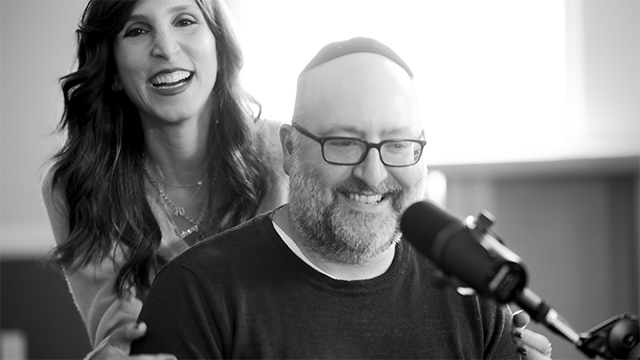Become a Member
Find more wisdom and practices to elevate your self, your life, and the people around you. From weekly articles and videos to live-streamed and in-Centre classes and events, there is a membership plan for everyone.
View Membership PlansFeatured Membership:
Onehouse Community Premium
- Benefits include:
-
Join interactive webinars each week
-
Watch full-length courses on-demand
-
Enjoy discounts on events, guidance services & products*
- And much more...
- Join Today
- *At participating locations. Restrictions apply.




















